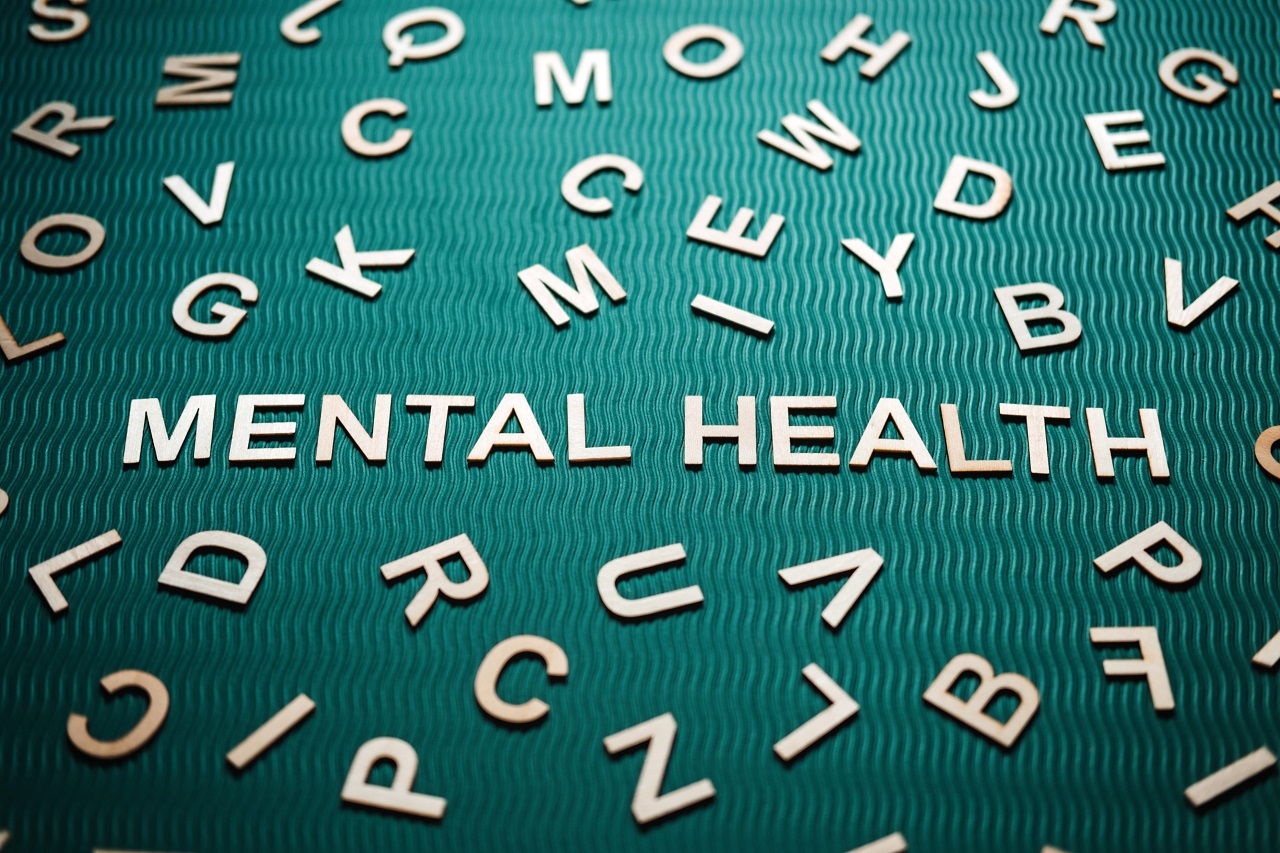Constipation is a common digestive problem experienced by many people around the world. However, constipation is not only a physical disorder, it is also closely linked to psychological conditions. In this article, we will explore the link between constipation and psychology, how psychological states can lead to constipation and how constipation affects psychological health.
What is Constipation?
Constipation is a digestive disorder characterized by infrequent bowel movements and hard stools. This can cause stools to be difficult and painful to pass. Constipation can have many causes, including a low-fiber diet, insufficient fluid intake, inactivity and the use of certain medications. However, psychological factors are also an important cause of constipation.
The effect of psychological states on constipation
Stress and Anxiety: Stress and anxiety can lead to constipation by slowing down bowel movements. When the body is under stress, many physiological processes are affected, including the digestive system. The stress hormone cortisol can slow down bowel movements, which can lead to constipation. Also, in a state of anxiety, people can often neglect healthy eating habits, which can make constipation worse.
Depression: Depression can be directly linked to constipation. People who are depressed may reduce their physical activity levels and fail to maintain healthy eating habits. In addition, some medications used during depression can also cause constipation.
Obsessive Compulsive Disorder (OCD): Some psychological conditions, such as OCD, can cause people to become overly obsessed with controlling their bowel movements. This can make bowel movements difficult and lead to constipation.

The impact of constipation on psychological health
Constipation can negatively affect not only physical but also psychological health. In other words, just as psychological health negatively affects constipation, constipation can also negatively affect your psychology. People with chronic constipation often experience the following psychological effects:
Anxiety and Stress: Persistent constipation can increase anxiety and stress levels in individuals. Difficulties and pain during defecation can have a negative impact on people's daily lives, which can increase overall stress levels.
Depression: Chronic constipation can reduce people's overall quality of life, which can lead to depression. In particular, the constant feeling of discomfort and difficulties with defecation can make people feel constantly unwell.
Social Isolation: Constipation problems can also affect individuals' social lives. Constantly feeling the need to use the toilet or having toilet problems can cause people to avoid social environments.
How can you relieve constipation?
- Regular Exercise: Regular physical activity promotes bowel movements and reduces stress. Exercise several times a week can help prevent constipation.
- Healthy Diet: Eating fiber-rich foods and drinking enough water regulates bowel movements. Limiting caffeine and alcohol consumption can also prevent constipation.
- Stress Management Techniques: Stress management techniques such as yoga, meditation and deep breathing exercises can improve psychological health and reduce the risk of constipation.
- Psychotherapy: Psychotherapy can be especially beneficial for individuals with chronic constipation. Psychological support can help individuals manage their stress and anxiety levels, which in turn positively affects bowel movements.
- Medical Support: When necessary, laxatives or other treatments under the supervision of a doctor can alleviate the physical symptoms of constipation.








